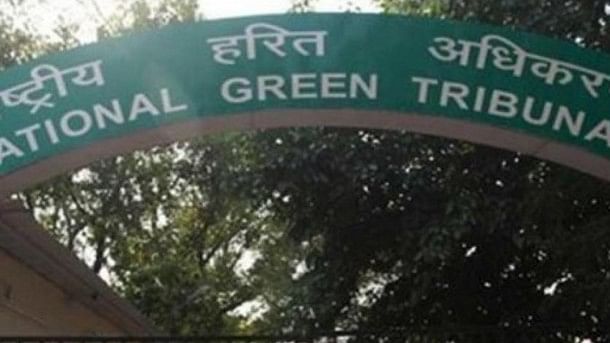
NGT
Credit: DH File Photo
The National Green Tribunal (NGT) has asked the government of Kerala to file a detailed response to a joint committee report stating that the current rule fixing 50-metre distance between quarries and natural/man-made structures was inadequate.
The joint committee led by the Central Pollution Control Board submitted a report following an order by the NGT, to understand the safe distance between stone quarry and habitations. The issue of quarries has come to the forefront after the landslide in Wayanad.
The committee, which studied nine quarries, also conducted interviews with the people and received 220 grievances and suggestions through online survey. Experts studied the quarries by dividing the state into three zones.
Activists told the committee that quarries were the main reason for pollution and environmental degradation in the state, including the areas coming under the Western Ghats. At the same time, several quarry owners had argued that the complaints were not genuine.
The committee conducted 91 blasts and found the ground vibration data exceeding permissible limit in five cases in the zone of 50 to 100 metres. Noise pollution was observed in the influence zone of up to 150 metres while dust pollution was limited to a distance of 100 metres.
Noise influence zone
The committee recommended a distance of 150 metres as a noise influence zone from the blasting site. Noting that particulate matter emissions were “obvious” up to a distance of 100 metre from the blasting zone, the committee said 100 metre can be a influence zone for dust emissions.
The report was opposed by the owners of the quarries, who argued that for over 55 years since 1967, no accidents have occurred with 50-metre safe distance. They argued that the joint committee was carried away by the representations from “some local objectors” and “pseudo environmentalists.”
The Kerala government, too, opposed the joint committee report stating that nearly 500 quarries were operating in 2023 and the joint committee sampled only nine of them. In its response, the government disagreed with the vibration study and particulate matter study by the committee and urged the NGT to reject the report.
The NGT principal bench chaired by Prakash Shrivastava took note of amicus curiae’s submission that the Kerala government’s response doesn’t cover all the aspects raised in the petition and directed the counsel for the state government to examine the same.